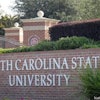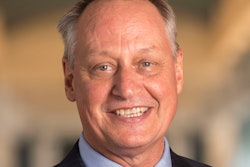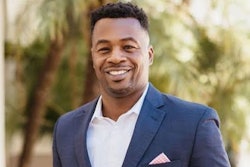Keeping Up With Emerging Technologies
We are on the brink of March Madness with a special edition on higher education information technology. Our focus on technology, which began as a special issue in Black Issues In Higher Education, is too important for us not to examine in the pages of Diverse: Issues in Higher Education. Senior writer Ronald Roach goes behind the current headlines on the state of American competitiveness in science and engineering to look at the production of minority bachelor’s degree recipients in engineering.
More than three decades ago, corporate America and the national science establishment got behind a movement to get more African-Americans, Hispanics and American Indians into collegiate engineering programs. The strategy they fashioned succeeded at first in building minority enrollments, but it failed to focus aggressively on student retention and graduation.
After some retooling in the 1980s, some of the national programs chose to focus their efforts on the schools that were serious about recruiting and graduating minority engineering students. The movements have since spawned numerous outreach programs from pre-college through graduate school. There’s still work to be done, as evidenced by a 39 percent graduation rate for minority engineering students, as opposed to a 62 percent rate for White and Asian American students. But diversity advocates say there is plenty to be optimistic about.
In “The Power of Podcasting,” contributing editor Lydia Lum explores one of the newest teaching and learning tools in higher education. For those of you new to the term “podcasting” is defined as a technology where digital audio content is stored and accessed from the Internet via an MP3 player such as Apple’s iconic iPod. Instead of sitting in class scrambling notes, the tech-savvy student can pull on a pair of earphones and access a podcast of the lecture at the gym or in the car.
Contributing editor Dina Horwedel, in “Blogging Rights,” examines the murky First Amendment and academic freedom issues raised by the blogging phenomenon. Blogs can be simply described as interactive, mini-news or op-ed Web sites that are typically maintained by individuals. The recent firing of a DeVry University instructor for content on her personal blog had many in the higher education community weighing in on what constitutes protected speech.
And lastly, editor in chief, Frank L. Matthews, conducts an interview with John F. Ebersole, the new president of Excelsior College, a leader in distance education. Ebersole candidly discusses the current benefits of online learning, as well as its enormous untapped potential.
Hilary Hurd Anyaso
Editor
© Copyright 2005 by DiverseEducation.com


















